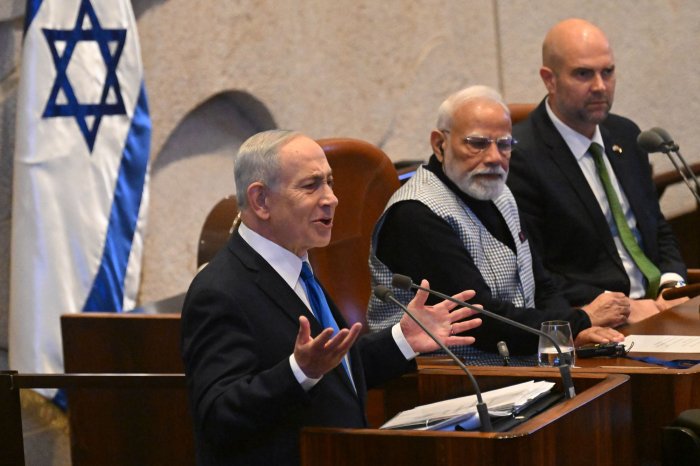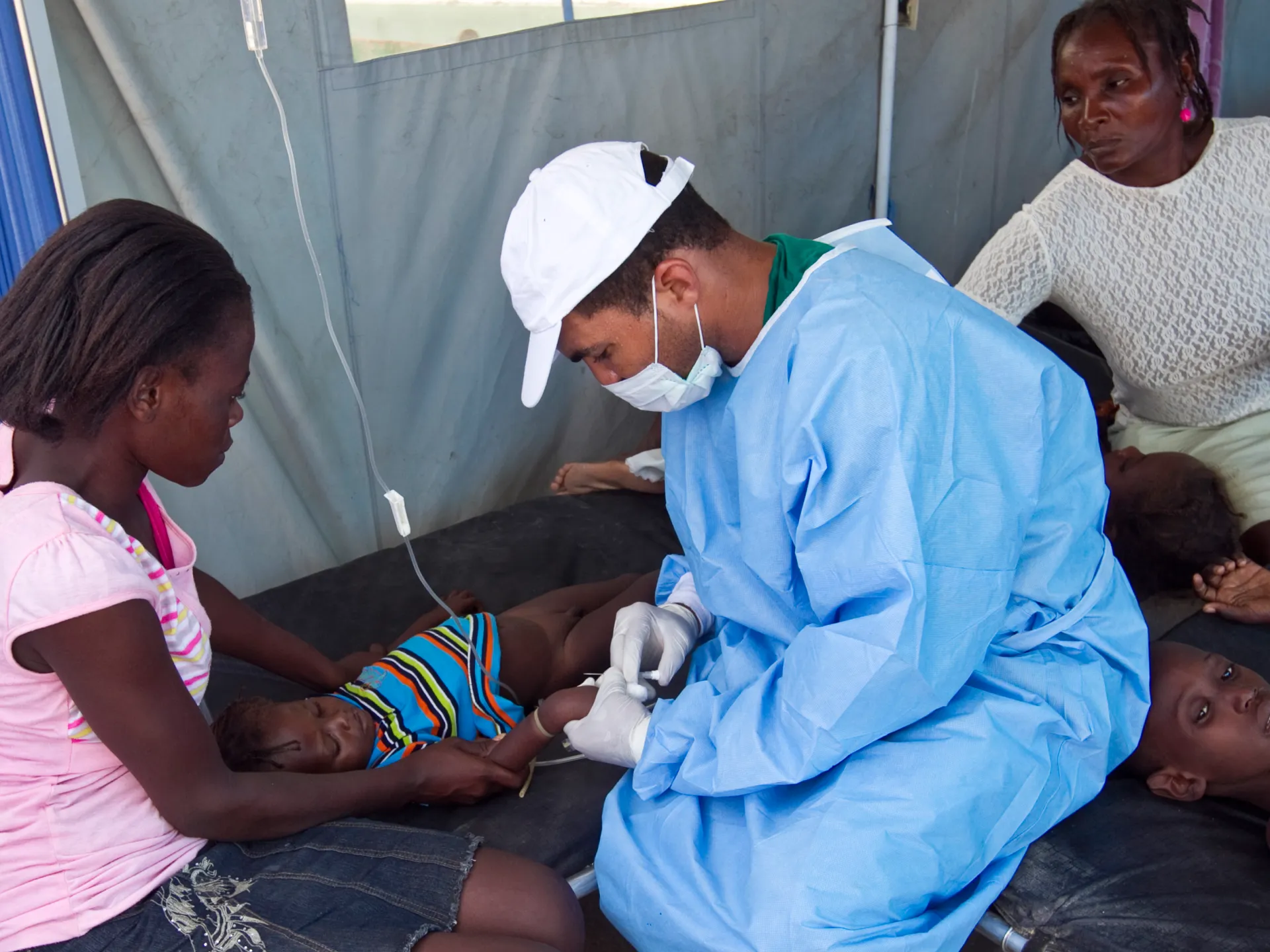RAF Cyprus base hit, U.K., allows U.S. to fly missions from its bases
March 2 (UPI) — A British airbase on Cyprus was struck by a drone, forcing the evacuation of the facility from where RAF Typhoon warplanes are flying sorties to defend Gulf countries under attack from Iran and as many as 300,000 British nationals visiting or living in the region.
Foreign Secretary Yvette Cooper told Sky News that the runway at RAF Akrotiri was hit in the strike late Sunday and that “all of the precautionary measures are being taken around the base,” which is near Limassol in the southwest of the island.
No casualties were reported and the Ministry of Defense said damage had been “minimal” and that the base remained operational, but that families of service personnel and all non-essential staff had been relocated to safe locations off-base.
“Our armed forces are responding to a suspected drone strike at RAF Akrotiri in Cyprus at midnight local time. Our force protection in the region is at the highest level, and the base has responded to defend our people. This is a live situation and further information will be provided in due course,” the MOD said.
The military was mounting an effort to reassure residents of villages near the base that the threat was to the base and that there was no risk to them or their property.
The attack came around one hour after British Prime Minister Keir Starmer issued a pre-recorded statement posted to social media saying he had given permission to the U.S. military to fly “defensive” missions out of Britain’s base on Diego Garcia in the Indian Ocean and RAF Fairford in England.
Earlier Sunday evening, the MOD said an RAF Typhoon fighter jet patrolling the Persian Gulf successfully deployed an air-to-air missile to down an Iranian drone headed toward Qatar. The aircraft was operating out of Qatar after the RAF’s 12 Squadron deployed to the emirate in January as part of a U.K.-Qatar defense pact.
On Saturday, Starmer said Britain was not and would not participate in the military offensive launched by Israel and the United States, having earlier declined to allow U.S. military aircraft involved in the operation to use British bases either.
In his message, Starmer insisted that it remained the case that the United Kingdom was not involved but that developments over the weekend had changed the situation with attacks on interests of Britain and its partners in the Gulf, who were explicitly asking for back up.
“Over the last two days Iran has launched sustained attacks across the region at countries who did not attack them. They’ve hit airports and hotels where British citizens are staying. This is clearly a dangerous situation. We have at least 200,000 British citizens in the region — residents, families on holiday, and those in transit.
“Our Armed Forces who are located across the region are also being put at risk by Iran’s actions. On Saturday, Iran hit a military base in Bahrain, narrowly missing British personnel,” said Starmer.
He said Britain had made it clear it was staying out of the strikes on Iran because it believed the best way forward for the region and for the world was a negotiated settlement but that Iran had still attacked British interests and put Britons in the region at “huge risk along with our allies.”
Gulf countries had asked Britain to do more to defend them and it was his duty to protect British lives, Stamer said.
He explained that he had decided to grant a U.S. request to use British bases for the “specific and limited defensive purpose” of destroying Iranian missiles in their storage depots and the launchers they are fired from on the basis of “collective self-defence of longstanding friends and allies, and protecting British lives.”
With airspace closed across the region, hundreds of thousands of British nationals in Israel, Bahrain, Kuwait, Qatar and the United Arab Emirates are unable to get out.
Foreign Office sources told the BBC no evacuation was imminent but the government was preparing for potential scenarios if commercial flights remained grounded.
Cooper said she still hoped to be able to work with commercial airlines to bring people home in previous similar situations.
The Liberal Democrats and Green Party vowed they would force Starmer’s Labour government to seek authorization from parliament for the decisions he was making.
“No matter how the Prime Minister tries to redefine offensive as defensive, this is a slippery slope. He must not let Trump drag Britain into another prolonged war in the Middle East. Starmer must come to Parliament on Monday, set out the legal case in full, and give MPs a vote,” the Liberal Democrats’ leader, Ed Davey, said in a post on X.


